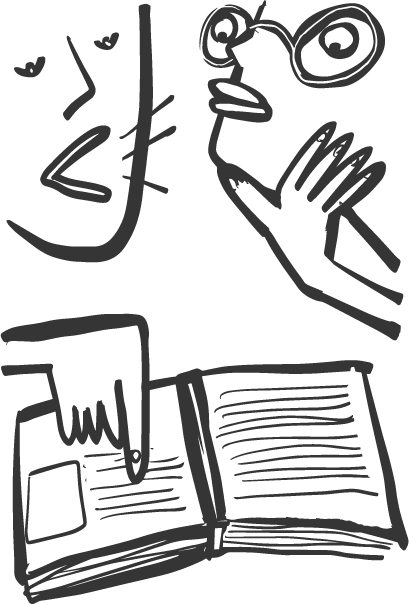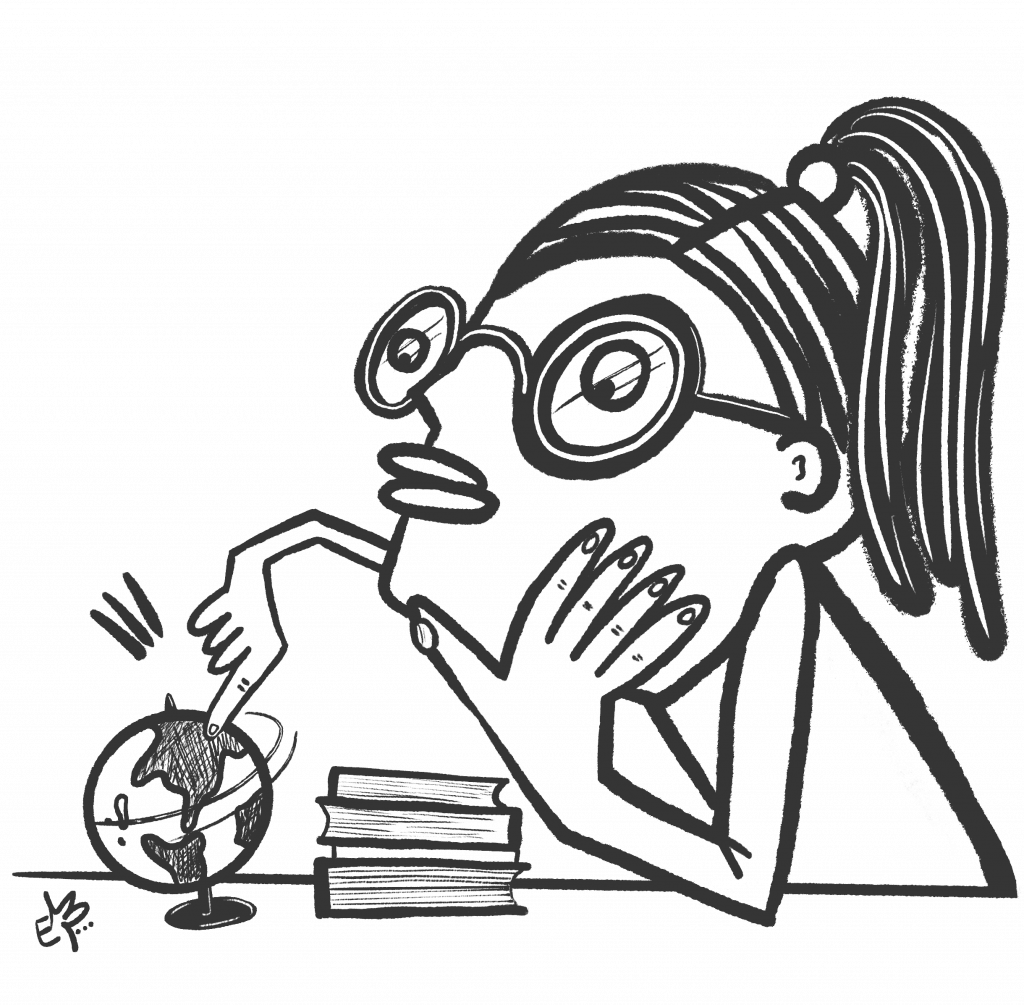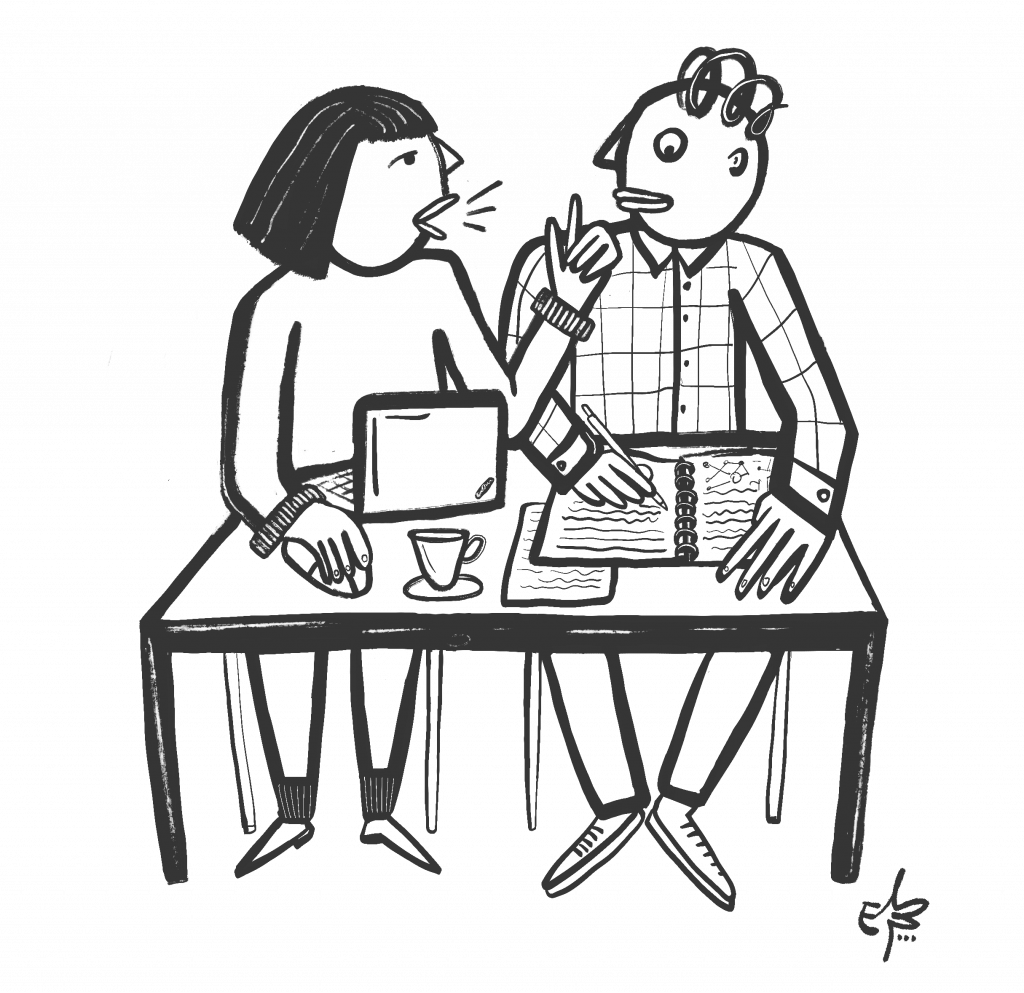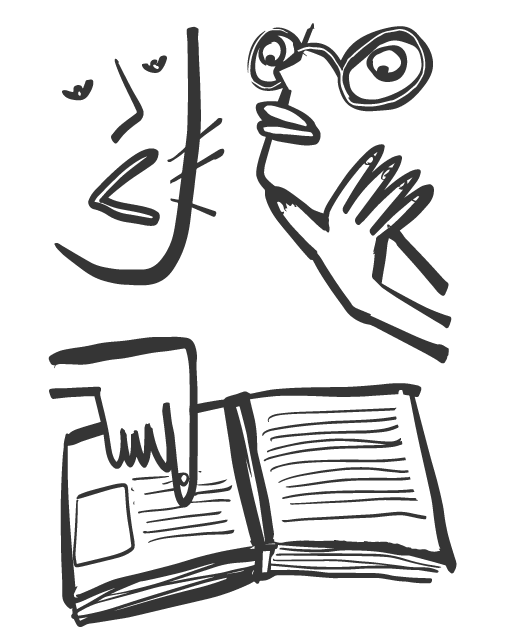UNE Mentoring Programme
Frequently Asked Questions
We are aware that some of you are participating in the UNE mentoring programme in very difficult circumstances, and we hope that the programme offers some relief.
Please scroll through the list to go to the section that interests you. For further questions please contact us via e-mail→.
Quick section links
What the UNE mentoring programme is
What is UNE?
The UNE mentoring programme is launched by UNE or The University of New Europe. UNE is a network of academic solidarity, creativity and institution building. We are a cross-European team of scholars and we believe that equal intellectual access is crucial for peace and prosperity on the continent.
UNE builds critical knowledge about the complex impact of war, climate crisis and other emergencies on education and research across Europe. Via our serial public events such as Eastplainers (Amsterdam) and open access book series New Europes (Bielefeld), we promote collaboration and exchange between academics, students, activists and the general public.
For students and scholars at risk, we provide support with our mentoring programme and a database of global opportunities. UNE is a registered NGO in the Netherlands.
Does UNE offer positions and/or funding of its own?
No – UNE is a university in the making. We are not (yet) a running institution, and do not offer any degrees, accreditation or career opportunities ourselves. Now that the Russian war in Ukraine has made the displacement of students, scholars and cultural workers a pressing issue, we do pair these groups to experienced mentors to help them facilitate matches with existing (emergency) initiatives and programmes. This is the UNE mentoring programme’s aim.
What is the UNE mentoring programme?
Since February 2022, the UNE team has concentrated its attention on fleeing, shelter and emergency initiatives aimed at students, scholars and cultural workers from Ukraine and also from Belarus and Russia.
Our aim is to connect these groups to experienced professionals from elsewhere and to assist mentor pairs actively in exploring different career options. Put differently, with the mentoring programme, we act as matchmakers between qualified people from locations at risk on the one hand and colleagues at knowledge/cultural institutions from elsewhere on the other.


Whom we assist
How the programme works
I am considering assisting a colleague or student in need. How does doing so via this programme differ from simply helping them on my own?
We offer participants:
- An interactive and regularly updated open access database→ with relevant opportunities;
- Monthly mentorship consult webinars with invited expert guests (e.g. a psychologist, a migration lawyer), where we collect questions and offer live advice;
- Assistance via e-mail where questions arise.
How does the ‘Search Opportunities’ database work?
At the heart of the programme is our extensive, crowdsourced opportunities database→, which contains currently available emergency, shelter, fellowship and other opportunities for students, scholars and cultural workers at risk from, first, Ukraine and, second, Belarus and Russia.
This searchable, interactive database is regularly updated. We therefore advise mentors and mentees to keep revisiting and using updated online versions of the database. Via our ‘Register Opportunity→’ page you can also register potentially useful opportunities yourself.
NB1 Most programs in our database understandably address the substantial amounts of Ukrainian students, scholars, and cultural workers who are now at risk; but we also collect and share options for Belarusian and Russian students, scholars, and cultural workers at risk.
NB2 This program was launched by academics and many programmes target academics in the humanities and social sciences; but the database also includes options for artists, journalists, and other cultural practitioners.
Does the opportunities database include programmes offered by UNE?
No – The items in the database are not our own programmes or links. In the database we organize and share various options, but we do not own or control these options ourselves.
I am a mentor/mentee who saw a useful programme, but I am unclear about visa or rights of travel. What to do?
For mentees from Ukraine, our database includes this EU website→ with country-specific details on travel and residence rights for Ukrainians fleeing to countries within the European Union.
For Belarusian and Russian mentees at risk, we also offer some emergency links (e.g. this Telegram group→ with information on leaving Russia) in the database, but there is no clear international policy and it is, unfortunately, difficult to collect up-to-date information online for most countries. We do advise mentors to reach out directly to potentially interesting host institutions and ask their own institutions’ international offices for advice or help.
How do the mentorship webinars work?
At our monthly mentorship consult webinars, we invited expert guests – e.g. a psychologist, a migration lawyer, or a representative of relevant NGOs or solidarity networks – for short info talks. We collect questions and offer live advice on their work and on our programme.
The webinars are organized anonymously and in cooperation with a cybersecurity expert.


How (not) to mentor
What if you encounter mentoring problems
I have registered, but I have not been paired yet. How come?
We try to work quickly – but we cannot always connect people as rapidly as we want. But if you have to wait more than a week, feel free to contact→ us to check if all went well.
What if my mentor connection is not a good match?
We cannot always offer perfect matches. We hope that you understand and that connections nevertheless offer some help. But if a match truly does not work or if you do not feel comfortable or safe as mentee (or as mentor), please do contact→ us.
Is a mentorship supposed to lead to a concrete outcome?
Whether the opportunities database→ and mentor connection lead to success or concrete solutions is, unfortunately, never certain. This is also important for mentors to keep in mind: it is not always possible to succeed in finding solutions.
What we do hope and see is that connections offer mentees some moral support and relief to start with.
